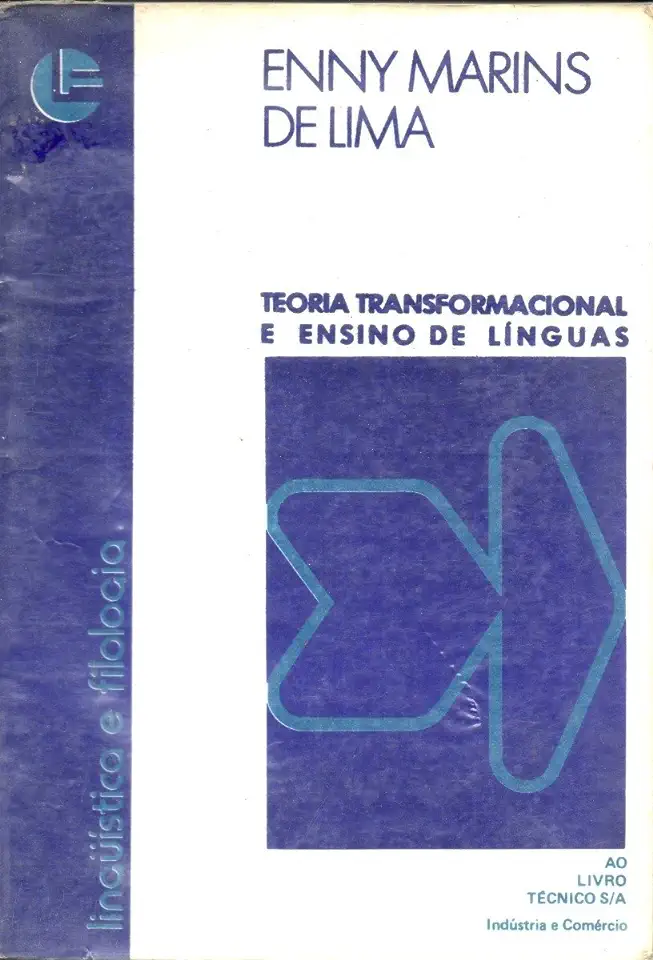
Transformational Theory and Language Teaching - Enny Marins de Lima
Transformational Theory and Language Teaching: A Comprehensive Guide to Revolutionizing Language Education
Introduction
In the ever-evolving landscape of language teaching, Transformational Theory stands as a beacon of innovation, offering a groundbreaking approach that challenges traditional methods and empowers educators to create transformative learning experiences. This comprehensive guide, authored by the renowned language education expert Enny Marins de Lima, delves into the depths of Transformational Theory, providing a roadmap for educators seeking to revolutionize their teaching practices and ignite a passion for language learning in their students.
Unveiling the Essence of Transformational Theory
Transformational Theory is not merely a set of teaching techniques; it's a philosophical shift that places the learner at the center of the educational process. This learner-centered approach recognizes that language learning extends beyond the acquisition of linguistic skills; it's a journey of personal growth, cultural understanding, and intellectual empowerment.
Key Principles of Transformational Theory
At the heart of Transformational Theory lie several fundamental principles that guide educators in creating transformative learning environments:
Learner Autonomy: Transformational Theory emphasizes the importance of fostering learner autonomy, encouraging students to take ownership of their learning journey and become active participants in the educational process.
Authentic Materials: The use of authentic materials, such as real-world texts, videos, and audio recordings, immerses students in the target language and provides a contextually rich learning experience.
Task-Based Learning: Transformational Theory advocates for task-based learning, where students engage in meaningful and communicative tasks that mirror real-life language use.
Collaborative Learning: Collaborative learning environments encourage students to work together, share ideas, and engage in peer-to-peer learning, fostering a sense of community and enhancing language acquisition.
Critical Thinking and Problem-Solving: Transformational Theory encourages educators to develop students' critical thinking and problem-solving skills, empowering them to analyze, evaluate, and apply language in various contexts.
Transformational Theory in Practice: Case Studies and Success Stories
The book presents a wealth of case studies and success stories from around the world, showcasing how Transformational Theory has transformed language teaching practices and yielded remarkable results. These real-life examples provide tangible evidence of the theory's effectiveness and inspire educators to embrace this innovative approach.
Benefits of Transformational Theory for Educators and Learners
Transformational Theory offers a multitude of benefits for both educators and learners:
Educators: Transformational Theory empowers educators to become facilitators of learning, guiding students on their journey of self-discovery and language mastery. It provides a framework for creating engaging and effective lessons that cater to diverse learning styles and needs.
Learners: Transformational Theory transforms learners into active participants in their education, fostering a love for language learning and equipping them with the skills and confidence to communicate effectively in a globalized world.
Conclusion: Embark on the Transformational Journey
Transformational Theory and Language Teaching is an essential resource for language educators seeking to revolutionize their teaching practices and create transformative learning experiences for their students. With its comprehensive exploration of the theory, practical implementation strategies, and inspiring success stories, this book serves as a catalyst for change, empowering educators to ignite a passion for language learning and empower their students to become global citizens with a deep understanding of diverse cultures and languages.